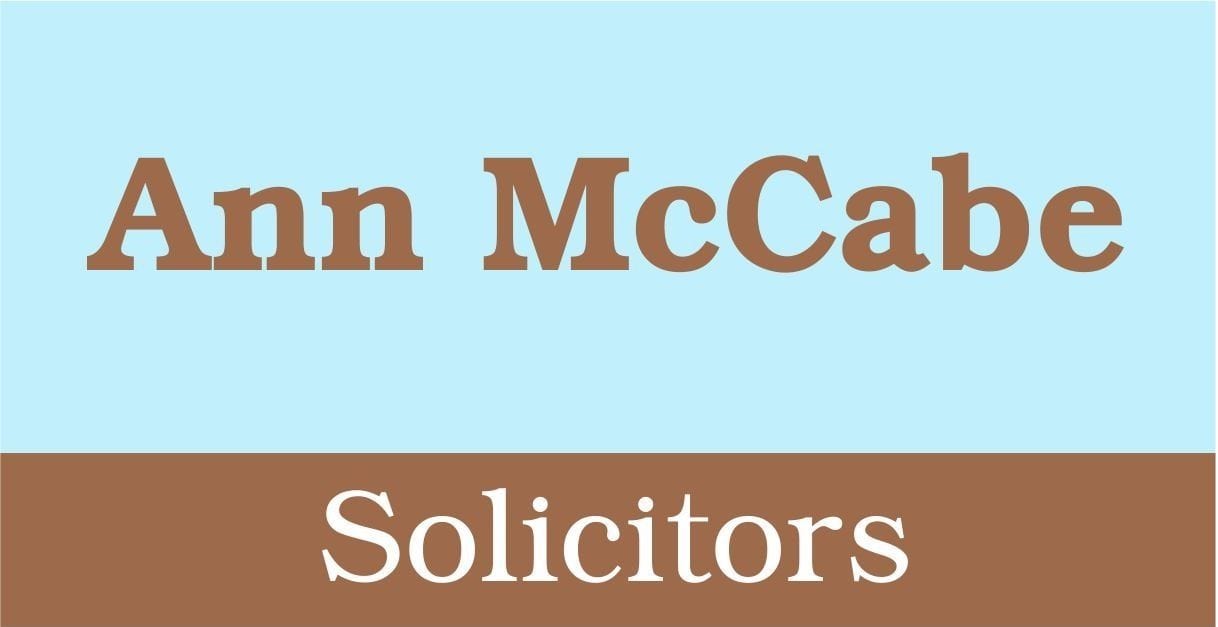What is the difference between divorce and dissolution? 
From a legal perspective, entering either a marriage or civil partnership presents no major differences. However, when describing the relationship, there is a distinction: married couples cannot call themselves civil partners, and civil partners cannot call themselves married for legal purposes.
Both marriages and civil ceremonies can be entered into by individuals who are:
- aged 16 or over (with parents’ permission if under 18);
- not already married or in a civil partnership; and
- not closely related.
When looking to form a legal bond, marriages can be conducted through either a civil ceremony or a religious ceremony. The formation of a civil partnership, however, is an entirely civil event. It is possible for civil partners to subsequently add a ceremony (religious or not).
Further differences emerge when couples look to terminate their relationship legally. Marriage is ended by divorce and presently by obtaining a Decree Absolute (soon to be called Final Order). Meanwhile, civil partnerships are ended by a Dissolution Order.
The team at Ann McCabe Solicitors can help you with the divorce or dissolution process, as well as the financial and other consequences of the separation.
An overview of marriages and civil partnerships in the UK is available on the Government website, and find general help and advice at Stonewall.
Phone our Newcastle Under Lyme office on 01782 627589 for free initial advice.
Articles
Resolution Together – One Lawyer Two Clients
